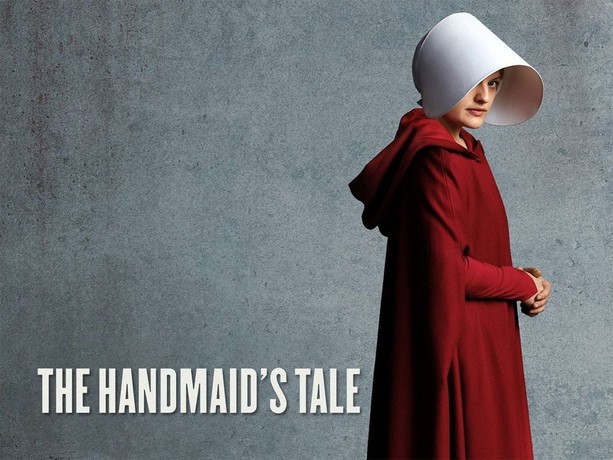The Handmaid’s Tale has become one of the most powerful and talked-about television dramas in recent years. Based on the acclaimed novel by Margaret Atwood, the series explores themes of power, control, and resistance in a chilling dystopian world. With its gripping storytelling, strong performances, and timely relevance, the show has captivated audiences across the globe.
A Dark Vision of the Future
Set in the fictional totalitarian society of Gilead, The Handmaid’s Tale imagines a world where women’s rights have been stripped away and the government enforces strict religious rule. In this regime, fertile women—called Handmaids—are forced into servitude and valued only for their ability to bear children. The story follows June Osborne, a woman who refuses to accept her fate and becomes a symbol of rebellion against the oppressive system.
Powerful Performances and Strong Storytelling
One of the show’s greatest strengths is its lead performance. The central character, June, is portrayed with emotional intensity and depth, capturing the pain, rage, and resilience of a woman fighting for freedom. The series balances personal struggle with broader themes of injustice, giving viewers a deeply human perspective on an inhumane world.
The storytelling is both haunting and suspenseful, drawing viewers into a narrative that constantly challenges assumptions about morality, authority, and survival. Every episode builds tension, raising difficult questions about what people are willing to endure—and what it takes to fight back.
Cultural Impact
The Handmaid’s Tale has sparked global conversations about gender, human rights, and political extremism. The show’s signature red cloak and white bonnet have become powerful symbols in real-world protests and movements. Viewers often draw connections between the fictional events in Gilead and issues in current society, making the show feel especially relevant in today’s political climate.
What’s Next
With several seasons already released, The Handmaid’s Tale continues to evolve as June’s fight grows more complex and dangerous. The show delves into the deeper structures of Gilead, exploring the motivations and weaknesses of both its leaders and its rebels. As the series progresses, fans remain eager to see how the story unfolds—and whether justice will ultimately prevail.
Conclusion
The Handmaid’s Tale is more than just a drama—it’s a thought-provoking and emotionally charged exploration of oppression and resistance. Through its unforgettable characters and bold storytelling, it challenges viewers to reflect on the world around them. As long as the themes it explores remain relevant, this powerful series will continue to leave a lasting impact.

